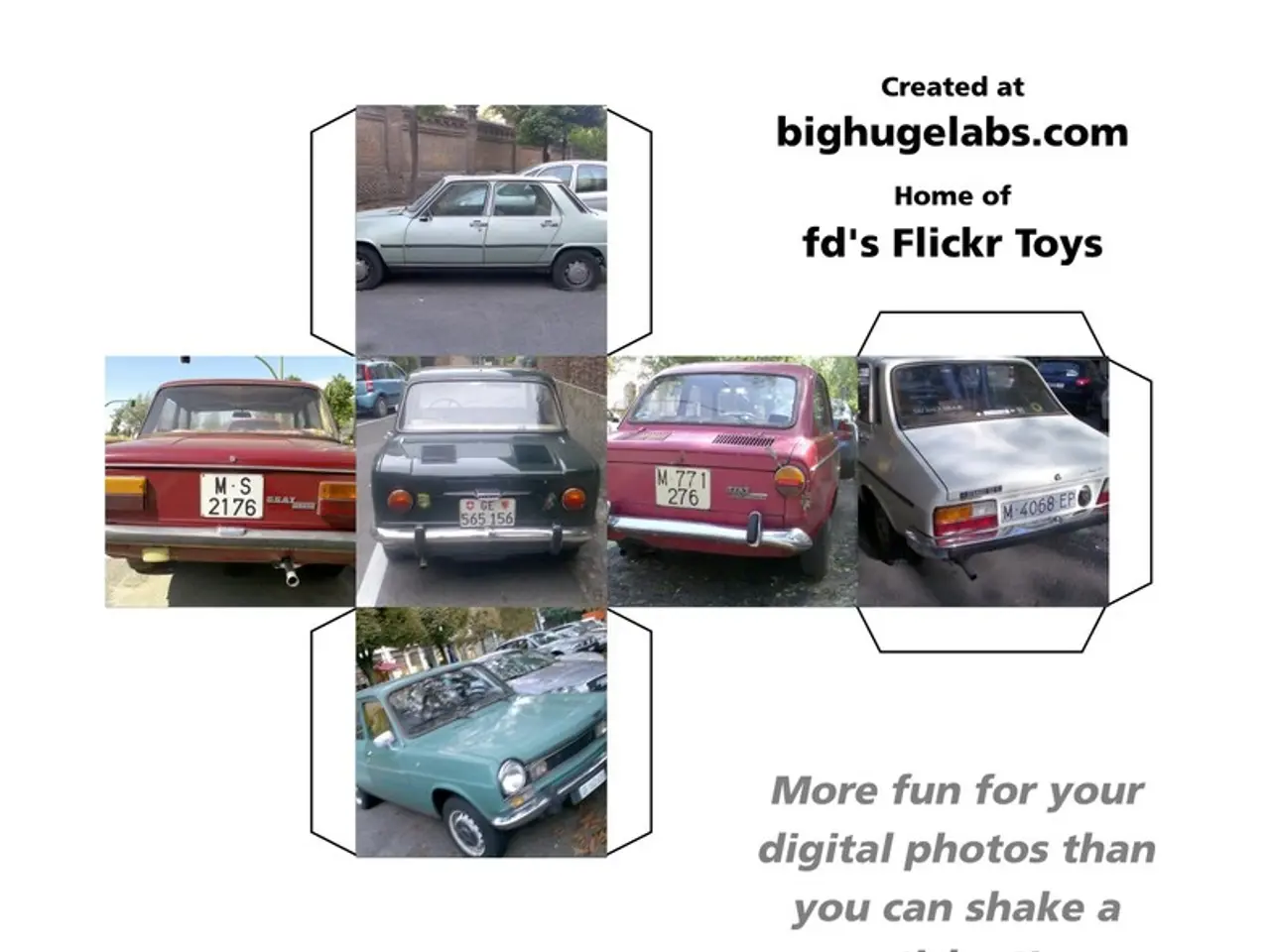In-Car Tech Evolution: The Significance of Dealers in Navigating Advancements on the Road
In the rapidly evolving world of automotive technology, auto dealers are adapting to the changing landscape by blending technology integration with human-centered approaches. This strategic shift aims to help customers adopt new in-vehicle technology with ease and confidence.
As consumers grow weary of subscriptions, the monetization models for in-vehicle experiences are evolving. Today's vehicles are equipped with powerful screens, premium speakers, and cloud-connected ecosystems, setting the stage for a car that transforms into a media platform, mobile living room, and immersive entertainment space.
Dealers can capitalize on these developments by creating simple, delightful showroom experiences. However, it's crucial that infotainment systems are not too complex or slow to respond, to avoid distracting drivers or alienating users.
The future of in-car experiences may include multi-screen streaming, cloud gaming, and satellite connectivity in remote areas. T-Mobile, for instance, is heavily investing in connectivity as the backbone of the in-car experience.
To effectively demonstrate value and help customers adopt new technology, dealers should focus on personalized, empathetic human interaction, coupled with smart technology tools, ongoing education, and clear communication about safety and convenience benefits.
Personalized technology demonstrations and education are key. Dealers should offer tailored, hands-on experiences that address individual customer concerns, especially for those with tech-phobia. Explaining the practical benefits of features through empathetic staff interaction helps build trust and comfort.
Leveraging human sales and service experts alongside advanced tools creates a supportive environment. Technology aids efficiency and insight, while people provide empathy and personal guidance, easing tech adoption fears.
AI-enabled appointment and communication systems can simplify scheduling and follow-ups, making technology usage less intimidating and more accessible for customers.
Highlighting content-rich, intuitive infotainment and advanced safety features reassures customers about the value and security behind the wheel, reducing anxiety about new tech complexity.
Virtual test drives and augmented reality demos, like those expanded by AutoNation, help customers experience technology benefits remotely, reducing pressure and overcoming initial hesitation.
Ongoing education programs, including tutorials and rewards tied to technology use, can foster familiarity and confidence, especially among customers initially resistant to change.
Addressing specific concerns like range anxiety or privacy helps overcome misinformation and fear barriers. Proactively providing detailed, trustworthy information on critical points (e.g., EV charging, data privacy) is essential.
Auto dealers play a significant role in helping consumers understand the value of in-cabin entertainment. The content accessed in the car can help forge a powerful emotional bond with customers.
Honda and Ford, for example, are embracing this shift by offering CarPlay and Android Auto in 100% of the cars sold in North America, aiming for a seamless customer experience whether through phone or embedded systems.
Personalization is valuable, but not at the cost of usability and simplicity. Safety remains paramount in the development of in-vehicle entertainment systems. The shift in focus is from horsepower to software, opening a new marketing frontier.
In conclusion, the future of in-vehicle entertainment is about connection, differentiation, and long-term customer value. By creating emotional connections during the sale, dealers can effectively introduce new technology to hesitant customers and enrich customer experiences behind the wheel.
Dealers could explore potential revenue streams in the automotive industry by offering financial services, such as auto loans and insurance, to their customers, thereby creating a one-stop shop for transportation needs.
In the realm of technology, collaborations with industry leaders in finance, transportation, and automotive technology could pave the way for innovative solutions that enhance the overall in-vehicle experience, further driving customer loyalty and long-term value.




